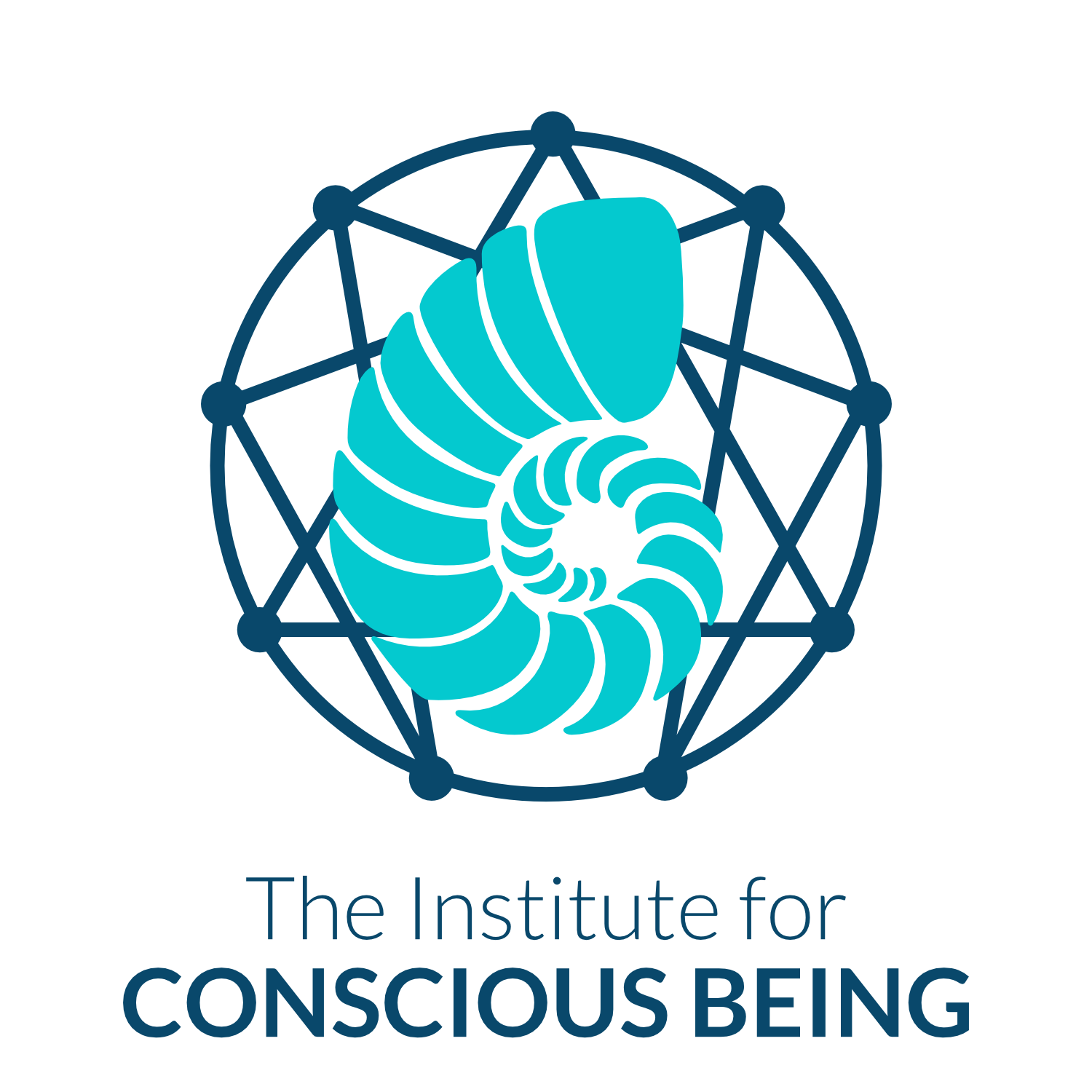Psychology and Spirituality Part 2
November 9, 2024
Wundt’s first psychology laboratory and experiments: Leipzig, Germany, 1879.
Psychology and Spirituality Part 2
So, suppose we are spiritual beings in a physical body and attribute our existence to a Creator. In that case, our mental functions and emotions are rooted in our primary being, our souls. However, if we are among those who do not perceive a “first intentional cause,” and, therefore, a Divine Spirit behind that intention, we must study the mind, behavior, and emotions strictly from the scientific approach of psychology.
The root word for Psychology comes from the Greek word Psyche, which to the ancients, meant “mind,” as well as “breath,” “spirit,” and “soul.” For the ancients, there was no duality between psychology and the spirit; for them, “psyche” was the mind as well as the soul. Nevertheless, by the time of the Renaissance, the mind came under scientific scrutiny, and the term “psychology” (the study of the mind) came into being. The term “psychology” was coined between 1510–1520 in the Republic of Venice by Dalmatian (Croatia). Renaissance humanist Marko Marulić Splićanin (1450–1524). Marulić’s use of psychology was an outgrowth of his relationship to the Divine and his need to emphasize the role of humankind’s thinking processes.
The Age of Enlightenment, also called the Age of Reason, beginning in the 1700s, was an intellectual and cultural movement that, because of the emerging role of the scientific method, placed reason over superstition and science over blind faith.
Psychology eventually emerged as a scientific discipline with the founding of Wilhelm Wundt’s Laboratory in Leipzig at the end of the nineteenth century (1879). This was the first psychological laboratory in the world. Wundt focused on the study of adults' minds and behavior. “Psyche-ology” focused on the mental, not the spiritual, capacities of the mind. By this era, flesh and spirit were considered two separate domains. Psychologist William James, in his classic book Varieties of Religious Experience (1902), kept the relationship between the spiritual and psychology alive.
Psychology developed as a science, and by the twentieth century, it became respected as a way to understand ourselves and others. It did this by studying the mind, emotions, and behavior without studying our spiritual nature, essence, and true nature. So, because it sticks to the observable and measurable, as do all sciences, at this point in time, psychology lacks a method to definitively analyze our most primary being, our soul. This is done through individual study, self-inquiry, and application of the experiences, beliefs, and practices of our spiritual journeys.
Spiritual practice: Why do you need to inspect your spiritual nature to understand who you are? Ask someone you love and trust to describe you as a mental being. Then, ask them how they perceive you as a spiritual being. Allow a holy conversation to emerge if you feel it’s right.
Self-inquiry: Who do you say you are in mind, flesh, and spirit? Can you describe yourself as a combination of the three?
Dear God,
Help me to find the balance between spirit and flesh, mind, heart and body. Amen


